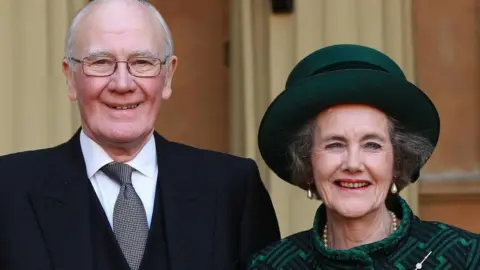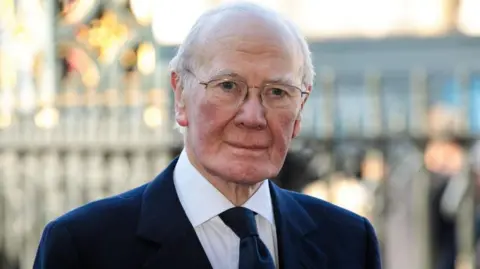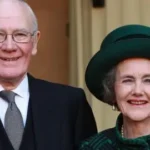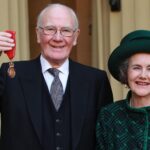A version of this article first appeared in CNBC’s Inside Wealth newsletter with Robert Frank, a weekly guide to the high-net-worth investor and consumer. Sign up to receive future editions, straight to your inbox.
Investment firms of the ultra-wealthy, such as the family office of Jeff Bezos, are making headlines with massive fundraises for artificial intelligence startups.
Late last month, Bezos Expeditions co-led a $405 million round for robotics startup Field AI with backers including Laurene Powell Jobs’ Emerson Collective. In the past six months alone, Hillspire, the family office of Google billionaire Eric Schmidt, has backed at least six AI startups, per data provided exclusively to CNBC by Fintrx, a private wealth intelligence platform.
But while tech unicorns get most of the buzz, family offices prefer to invest in the AI boom via public equities, according to a recent poll by Goldman Sachs. The bank’s survey of 245 worldwide family offices found that 52% are exposed to AI through primary public equities or ETFs, while only a quarter reported investing directly in AI startups.
Goldman Sachs’ Meena Flynn told Inside Wealth that family offices likely have even greater exposure through stocks than they realize.
“The top nine out of 10 stocks in the S&P are AI-driven stories, and they make up 40% of the S&P,” said the co-head of global private wealth management.
Flynn partially attributed the preference for AI stocks to more tempered valuations in public markets.
“If you look over the last five years, and you look at the valuation discrepancies between private markets and public markets, the private markets really needed to grow into the valuations that some of the [general partners] entered into,” she said. “People, I think, have more confidence in the public markets from a valuation perspective.”
Family offices were also more likely to report investing in companies that leverage AI for productivity and efficiency (38%) or secondary beneficiaries of the AI boom such as energy providers (32%) than AI startups. (Respondents were allowed to pick multiple answers). The report noted that 27% of family offices anticipated being overweight to energy and materials firms in the public and private markets in the next 12 months.
The respondents, two-thirds of which reported managing at least $1 billion in assets, were polled from May 20 to June 18. Nearly nine out of 10 reported some form of investment in AI. Only 5% indicated that they were not considering investing in the space.
Family offices are not known for their tech savvy, with Deloitte estimating the average age of family office principals at 68 years old. But Goldman Sachs’ Jean Altier said they have warmed quickly to AI as it’s become ubiquitous in everyday life, unlike other new technologies like blockchain. She gave the example of Google’s AI search function.
“It’s already a part of people’s life,” said the global head of managed strategies. “I do think people’s native exposure to AI has happened a lot quicker than some other technological innovations.”
Despite respondents’ demonstrated preference for public equities, Flynn noted that accessing more opportunities requires investing in private markets.
“There are some 800 unicorns right now. If you assume historical IPO exit rate per year, it would take 12 years to clear the backlog versus four years pre-pandemic,” she said.

















































